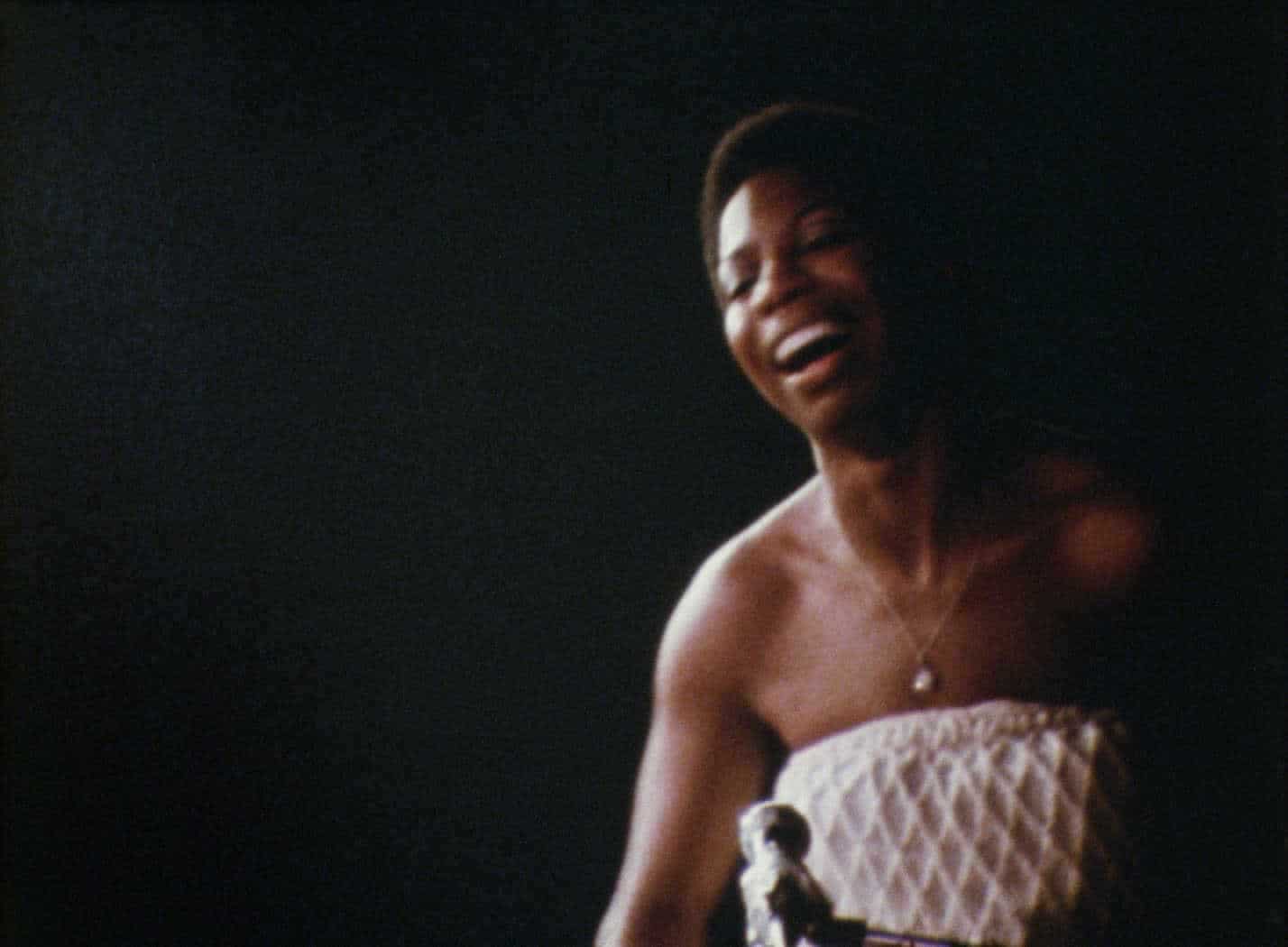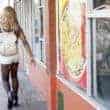
“You’re making things up again, Arnold. You’re taking the holy word and adding fiction,” croons Arnold’s father with disappointment. His nineteen-year-old son, Arnold Cunningham (A.J. Holmes), has been claiming the Book of Mormon contains stories about Christ’s abhorrence of genital mutilation and raping babies. Arnold is in Uganda as a missionary, where the Mormon group has been having little success converting the locals who have much bigger problems on their minds. Desperate to stop the locals from committing vile deeds out of fear, from genital mutilation to raping babies, and to get their attention, Arnold insists that Jesus has something to say about it in the Book of Mormon. Boba Fett and Mordor are apparently in there, too. The more the locals eat up his lies, the more encouraged Arnold is to “recklessly [warp] the words of Jesus!”
Opening in 326 AD when Mormon purportedly came to Upstate New York and found golden plates, the musical begins with the founding of the Church of Jesus Christ of Latter Day Saints — did you know that Jesus lived here in the U.S.A.? —with irreverence and wit. Bits of church history are scattered throughout the play, which is itself a present-day analogue. But when the supposedly sacred word of the church includes, “When someone had to die/To save us from our sins,/Jesus said “I’ll do it!”/And he took it on the chin!,” it doesn’t take much to draw parallels between Arnold making things up and Mormon doing the same. Though the Church of Jesus Christ of Latter Day Saints takes the brunt of the abuse in the play, there’s a sense that Trey Parker’s script isn’t letting any religion off the hook. In “All-American Prophet,” Elder Price (Billy Harrigan Tighe in the part Andrew Rannells originated) explains “You all know the Bible is made of testaments old and new. You’ve been told it’s just those two parts, or only one if you’re a Jew.”

There’s a tradition amongst Mormons that once you reach maturity — and nineteen counts — you’re referred to as “Elder,” sent to one of many bases around the world, and tasked with converting the gullible to your religion. Elder Price dreams of being sent to the most magical place in the world: Orlando. But while his friends get assignments in France and Norway, he gets saddled with his worst nightmare: sent to rural Uganda for two years with the clingy, social outcast of the congregation, Elder Cunningham, as his partner with whom he’s supposed to do everything.
Price and Cunningham arrive in Uganda — whatever specific town they’re sent to remains unnamed so that they might as well be going to “Africa” — with heaps of naïve optimism and total ignorance about the world outside their gated community at home. The glistening sets from the American scenes are transformed into a dilapidated, run down background of brown huts and signs of poverty. Even the once blue curtains on stage are now brown and burnt. The locals, who are under siege from the brutal and stupidly named General Butt Fucking Naked who insists on clitoral circumcisions, have little time for the musings of these American boys. The Mission has been there for years without making a single baptism.
Pretty much everything you’d expect to happen, happens: the boys lose some of their innocence, and the seemingly level-headed Ugandans find comfort in the stories Arnold spins in the name of The Church of Latter Day Saints. The writers aim to shock, and there’s unnecessary crass humour peppered throughout, which comes off as cheap compared to the clever satire that the musical’s arc shapes. Whether it’s the village idiot who thinks raping babies will cure him of aids or the local doctor who can’t stop talking about having maggots in his scrotum, these are the least funny parts of the play. They’re also the ones where Parker gets dangerously close to proving himself to be just another ignorant American, like the one the play aims to poke fun at.

There are some fun detours along the way. At one point, Elder Price finds himself in the “Spooky Mormon Hell Dream.” The stage becomes bathed in red light while Hitler, Genghis Khan, and the Ugandan Mission tap dance in sparkling red outfits. When he wakes up, the others tell him they’ve had that dream, too, every time they commit a sin, even one as small as surreptitiously eating a cookie and lying about it. When Elder Cunningham wins the distinction of performing the first baptism on a local, his crush Nabulungi (Alexandra Ncube), the two sing a duet with lyrics that could just as easily be about losing their virginity. The baptism itself happens behind a curtain in silhouettes, as they both seem charged with sexual energy — a nice touch.
“The Book of Mormon” straddles the line between being provocative but funny and being actually offensive. Sometimes, the homophobia amongst the Mormons that the play aims to criticize, expressed through Elder McKinley’s (Brian Beach) thinly veiled attempts to hide his sexuality, seems more like gay panic. McKinley is constantly conforming to tired gay stereotypes, unable to resist making jazz hands, and finding himself moving more effeminately and sassily than befits a Mormon gentleman. Equally, the local Ugandans sometimes appear as cynical and pragmatic — they’re the only ones that seem to understand the silliest stories in the Bible should be treated as metaphors and not actual facts — but ultimately end up as gullible as the Americans think they are. The play starts by poking fun at colonialism, but concludes that maybe the Westerners had it right, after all.
The whole play is about how the Mormons preach false hope, but when things end reasonably happily, was it really all that false? Despite its crass jokes and colourful language, the play is never as scathing as it wants you to think it is. The Mormons may be naïve and silly, but they still get points for caring and trying and nobody’s really harmed by them. A. J. Holmes, Alexandra Ncube, and Brian Beach are the standouts among the talented cast, stealing every scene they’re in with singing, dancing, and shenanigans. Yet this touring production never really transcends the fact that it’s a facsimile of the original. It’s getting dated, no longer quite the laugh-out-loud riot it supposedly was when it opened on Broadway. Catching up with it in San Jose feels like finally being let in on the joke. But I’m still left wondering if the joke was ever really as good as I’d heard it was.
Broadway San Jose”s production of “The Book of Mormon” National Tour runs from July 1 to July 12 at the San Jose Centre for the Performing Arts. Tickets can be purchased here. Discounted tickets are also awarded daily by lottery.

